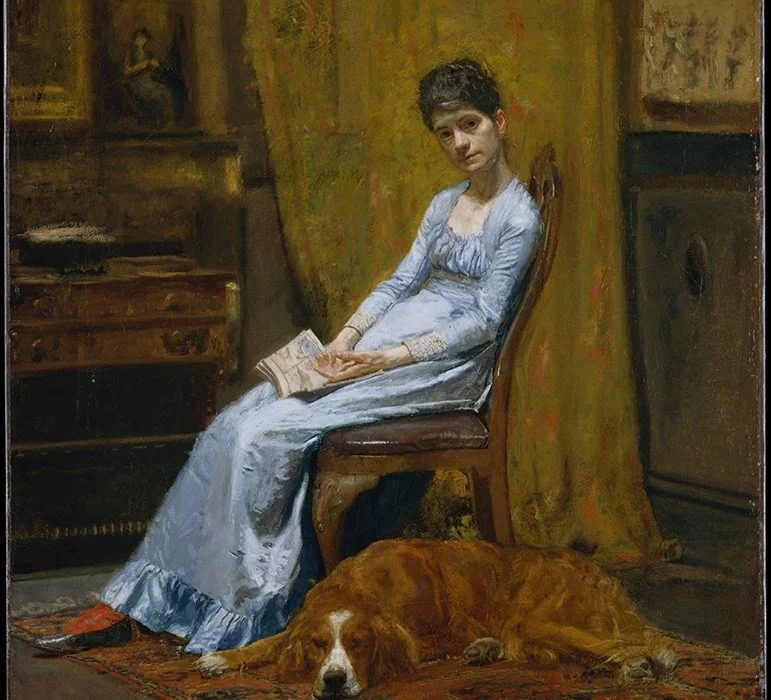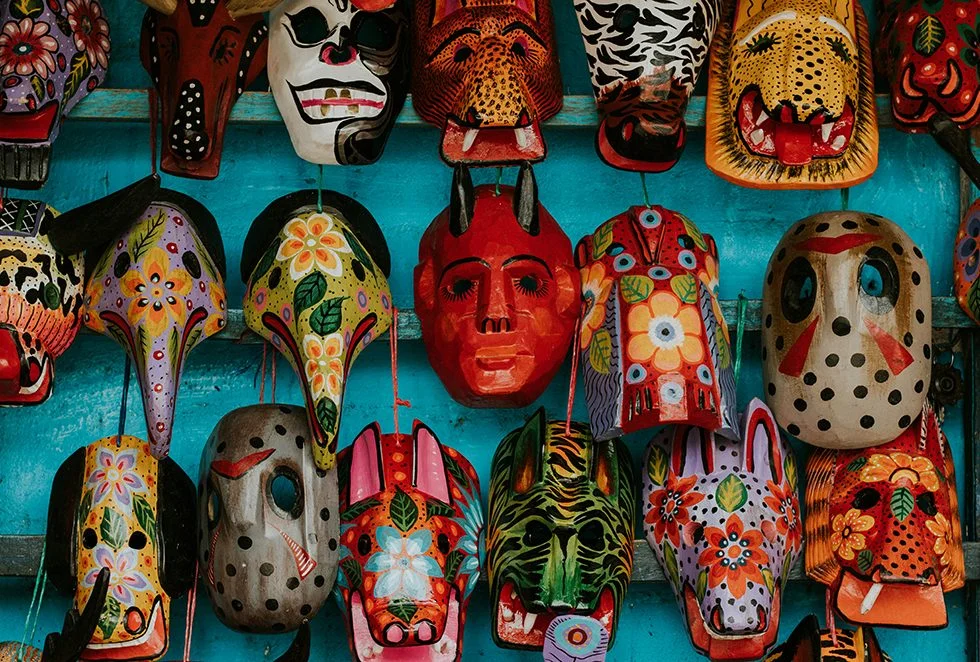Relationships • Breaking Up & Heartbreak
Why Hurt People Hurt People
It’s one of the puzzles of relationships that, after a hugely promising few months or years, one of the members of a couple may start to exhibit notably aggressive and unyielding behaviour. Out go their previous tenderness and loveliness and in come roughness and neglect. All they seem to want to do is to go out alone with their friends and flirt with strangers.
One might wonder if it’s the other person in the couple who might somehow be to blame for this. Perhaps they’ve done something wrong and they are being – in certain ways appropriately – punished for not living up to expectations that they set.
But the truth may be a great deal more circuitous and complex. In certain cases, the partner is in fact being punished, but not for doing anything wrong. If we can put it this way, they are being punished precisely for doing things rather right. They are being punished for not abandoning their lover, for not being cross, for not being mean, for not looking elsewhere, for not shouting, for not bullying and for not humiliating. They are being punished for their sweetness, crushed for their gentleness and tormented for their faith.

Why on earth might kindly behaviours prove problematic? Because – in one of the truly oddest-sounding phenomena of love – the kindness of the partner may trigger an intense wish in a person to punish their lover for what – many years before in their childhood – a parent did wrong to them. It’s the very sweetness of the partner, their kindness and loyalty, their disinclination to violence and unreason, that create the perfect conditions in which a hurt party will experience and then redirect a resentment and a rage that were actually owed, but could never be delivered to, a disappointing parent. The appalling behaviour winds up as a hugely peculiar and deeply tragic tribute to a unique degree of generosity and care.
The arena in which this pattern can most clearly be observed is not directly in relationships, but in adoptive families. Research repeatedly shows that the nicer a recipient family is, the more an adopted child is liable – in adolescence – to become very difficult indeed. They will steal from their adopted family, perhaps scrawl on the walls, scream at them during arguments, tell them they loathe them and then leave the house for hours slamming the door behind them.
‘What in heavens name have we done to deserve this?’ the adoptive parents may ask themselves in despair. And the answer, entirely odd though it might sound, is: ‘Absolutely nothing, which is exactly why you are being hurt so badly. You’re being treated horribly for not being horrible. You’re being made to feel what the abandoned infant once had to go through when no one else cared to listen. You’re having to hear cries that went unheard. You have created the very conditions of safety in which intense pain can finally find a way out.’
A version of the same dynamic can unfold – more surreptitiously – in adult love. Behind every drama a person in a couple may cause, every holiday they ruin, every month they chew up, is a muffled, incoherent but essential complaint: ‘Where were you when I really, really needed you? How dare you be so kind to me when all I’ve had is cruelty all my life? How can I possibly deal with this loveliness when pain has been my home all along? Fuck off and die for trying to save and adore me.’
There is no alternative here but insight, enormous (boundaried) compassion – and an awareness that the person who is acting up still wants love very badly, they just have no clue how to accept it. One day, after much thought and therapy, perhaps long after the relationship has ended, the destructive party needs to find a way to express the truth to the first person who ever loved them: ‘Thank you for being kind enough to elicit my rage and my sadism. Apologies, deep apologies, for trying to destroy you for your unremitting love. I never wanted to harm you. I just had no idea what to do with the pain inside me.’ In the skies up above, angels will be weeping.

























